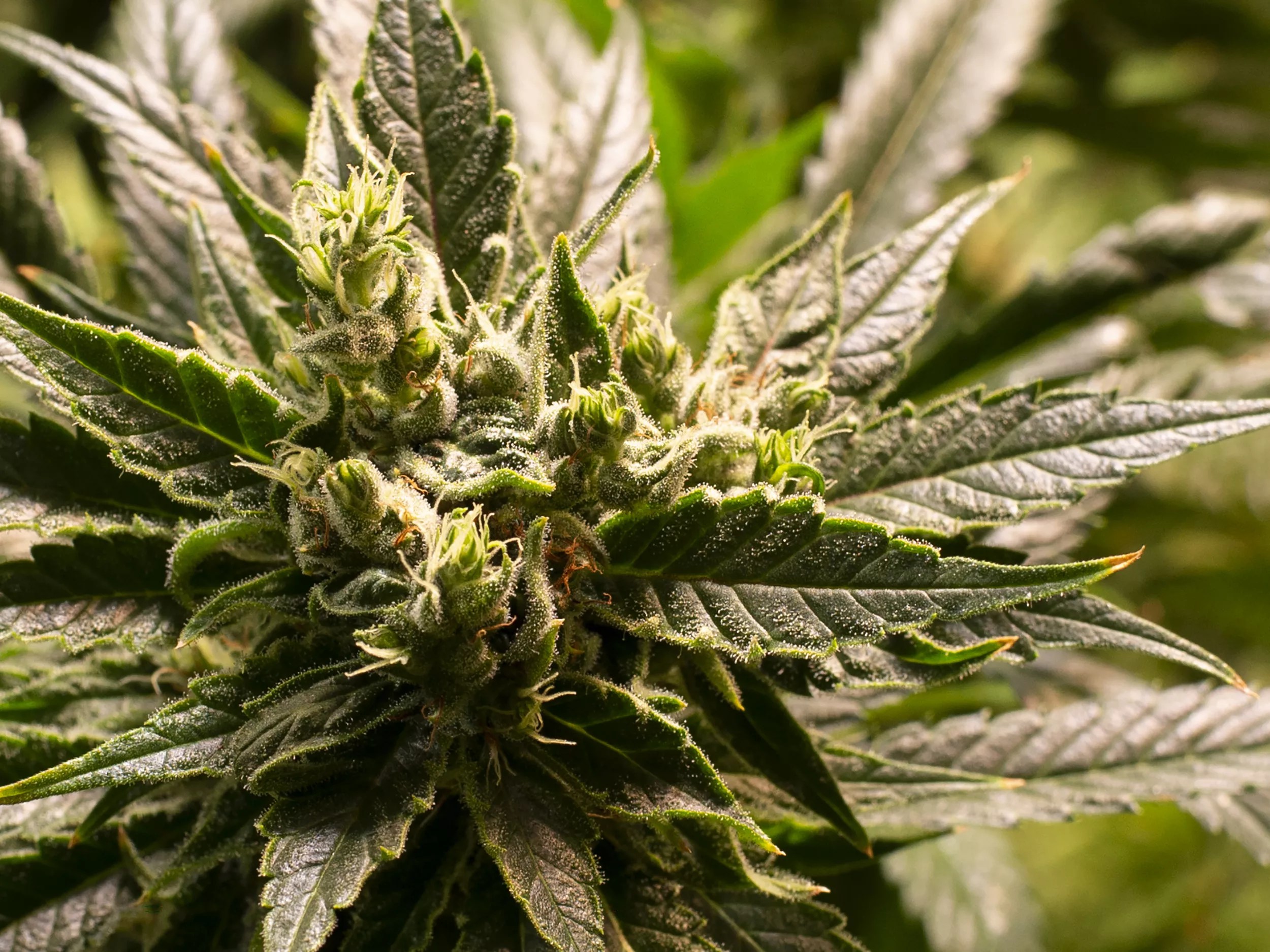
O’Hara Shipe

Audio By Carbonatix
Eligible Arizona patients and veterans could see a significant decrease in the cost of medical marijuana cards under a bill being considered in the state legislature.
In 2010, voters passed the Arizona Medical Marijuana Act, which allowed the legal sale of marijuana – up to 2.5 ounces – to qualifying patients or their designated caregivers. Since then, the provisions of the act have remained relatively unchanged, despite a significant downturn in medicinal sales.
Last year, Arizona recreational marijuana sales topped $950 million, while medicinal sales brought in slightly more than $500 million. A likely culprit for the declining medicinal market is Proposition 207, which passed in 2020 and legalized the sale of recreational cannabis. But the emergence of the recreational market is just one factor in declining medicinal sales, according to Ann Torrez, who is executive director of the Arizona Dispensary Association.
“I think it’s more complicated than just saying that the recreational market is causing the medicinal market to slow down,” Torrez told Phoenix New Times. “The cost of medical cards can be high for some patients, and other patients might not know how to even get their card.”
Currently, medical marijuana cards – affectionately known as “green cards” in the cannabis industry – carry a $150 license fee, plus the cost of a doctor visit to confirm a patient’s eligibility. Patients are required to undergo the same application process every two years, which Torrez said can be cost-prohibitive to some. People who receive federal food assistance pay a $75 license fee.
“If you look at the people who are eligible for a green card, many have a disability and may not have the ability to work. So, $150 is a big investment – especially for someone on a fixed income,” Torrez said.
If passed, SB 1466 will drop the cost of cards to $50 for the general public while making them free for veterans. However, the two-year license provision will remain intact.
In addition to lowering the cost of cards, SB 1466 also expands the list of qualifying conditions to include post-traumatic stress disorder and autism spectrum disorders. Currently, qualifying conditions include HIV and AIDS, Alzheimer’s disease, cancer, glaucoma, hepatitis C, severe and chronic pain and seizures.
Although there is debate among medical professionals about the efficacy of cannabis for treating PTSD, one 2022 study – “The Long-Term, Prospective, Therapeutic Impact of Cannabis on Post-Traumatic Stress Disorder” – suggested, “Participants who used cannabis were 2.57 times more likely to no longer meet DSM-5 criteria for PTSD.”
“I think we are still learning about all of the medicinal properties of [cannabis], but anecdotally, it can help with things like PTSD,” Torrez said.
Also, veterans are more likely than the general public to experience PTSD, according to the U.S. Department of Veterans Affairs. The agency also reported that PTSD is three times more likely to occur among veterans who deployed compared with those who did not.
Torrez said SB 1466 could create a pathway for more veterans to explore medicinal marijuana. “I do think that many [veterans] could benefit from marijuana – this just clears the way for them,” she noted.
While Torrez said that SB 1466 will likely increase the number of cardholders in Arizona, she does not expect it to lead to a big financial turnaround in the medicinal market. “Arizona started as a medicinal state, and it is important that we remember that as the industry continues to grow. We can’t leave behind the patients who helped us build the industry,” she said.
SB 1466 passed the Senate on March 2 and is currently making its way through the House. If it passes the legislature, the bill would go to Gov. Katie Hobbs for her signature.